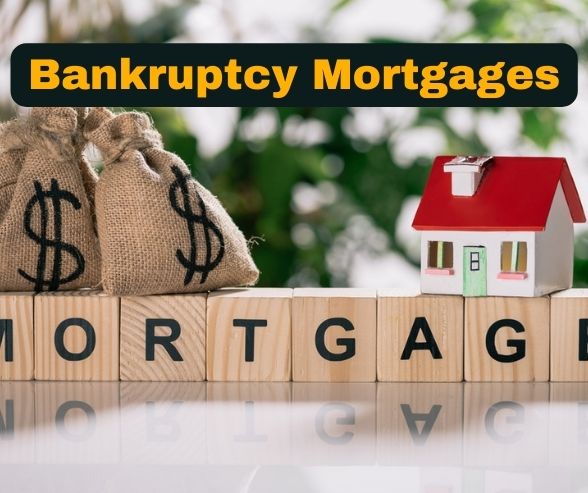What Happens To Your Mortgage When You File Bankruptcy
If I File Bankruptcy What Happens To My Mortgage
Losing a home is one of the main fears that people have when they are considering filing for bankruptcy. But most people who file for bankruptcy don’t lose their homes. Those who lose their homes only have to wait a short time before they qualify for a mortgage after bankruptcy.
You can file either Chapter 7 or Chapter 13 bankruptcy to help you keep your house. People who file Chapter 7 can keep their homes as long as they are current on their mortgage payments. Those who file Chapter 13 can keep their homes because they will continue paying their mortgage payments.
Mortgages In Chapter 7 Bankruptcy
Paying Mortgage After Chapter 7 Discharge
 Since Chapter 7 bankruptcy is quicker than other bankruptcies, many people prefer it. But filing Chapter 7 may not protect your house if you are not current on your mortgage payments or your house is in foreclosure. In this situation, filing Chapter 13 is more appropriate because it has the proper mechanisms to help you catch up with your mortgage payment when you have fallen behind.
Since Chapter 7 bankruptcy is quicker than other bankruptcies, many people prefer it. But filing Chapter 7 may not protect your house if you are not current on your mortgage payments or your house is in foreclosure. In this situation, filing Chapter 13 is more appropriate because it has the proper mechanisms to help you catch up with your mortgage payment when you have fallen behind.
Being current on your mortgage payments when filing for bankruptcy is important because failing to do so could lead to the lender taking your home. This is because the mortgage agreement you signed gave the mortgage lender a lien on your property. That means your home may be foreclosed on even after your Chapter 7 bankruptcy case is complete.
But homestead exemptions protect a certain amount of your home’s equity. So, even if the trustee sells your home, they will refund you the exemption amount. The remaining amount is used to cover the trustee’s fees and sales costs. The rest is distributed among your creditors.
Just because you qualify to file for Chapter 7 bankruptcy doesn’t mean it’s the best option for your situation. There are benefits of Chapter 13 bankruptcy that may suit your situation better.
Mortgages In Chapter 13 Bankruptcy
Can You Get A Mortgage After Bankruptcy
Unlike Chapter 7, Chapter 13 bankruptcy requires you to create a 3 to 5-year payment plan for repaying your debts. That means the trustee assigned to your case will not sell your property. Instead, you have to pay to keep all your nonexempt property.
The payment plan will require you to continue paying the monthly mortgage payments and catch up on other outstanding payments. You will have to pay for the nonexempt equity in your home. In a situation where the bankruptcy exemptions only cover part of the home equity, you have to reimburse creditors the nonexempt amount of your home’s equity.
Chapter 13 bankruptcy repayment plans are not easy to create. Remember it’s not just about paying for your nonexempt property but also paying all the debts you owe in full.
Can You Reduce A Mortgage In Chapter 13 Bankruptcy?
How Long Can I Stay In My Home After Filing Chapter 7
Reducing a mortgage is possible but is not easy. You can reduce your mortgage principal amount and even the mortgage interest rate. For a rental or commercial property, you can cram down mortgages. You can fully strip an unsecured second mortgage or junior mortgage loan from your residential property if you owe more on the mortgage than what the house is worth.